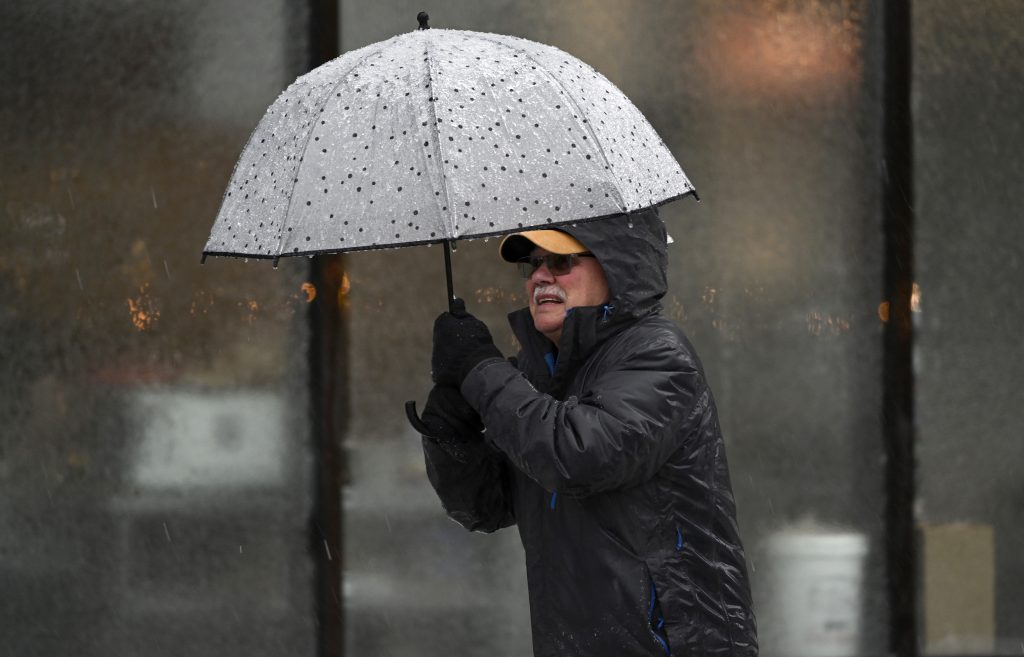‘We need a cap’: Toronto again considering a limit on rideshares like Uber, Lyft

Posted June 21, 2024 6:21 am.
Last Updated June 23, 2024 6:12 am.
It appears that City of Toronto officials are trying once again to potentially limit the number of rideshare companies, such as Uber and Lyft, on its busy streets.
Uber and the taxi industry have discussed this topic extensively over the years, and now the city has launched public consultations in hopes of gaining feedback that will eventually help regulate it.
“Everything this city has done has been in conflict with its own goals when it comes to Uber and Lyft,” said Kristin Hubbard, Operations Manager for Beck Taxi. “We’re not reinventing the wheel here. They know the answers to these problems; we just need to see action.”
The city is hosting public consultations on the vehicle-for-hire industry. The feedback will be considered for potential impacts on accessibility, the environment, social and economic issues, and roadway congestion.
In early December, Uber Canada announced it was taking Toronto to court to reverse the city’s decision to limit the number of rideshare vehicles on its streets. The rideshare company filed an injunction with the Ontario Superior Court, alleging the move to cap rideshare licences would irreparably harm its business.
Toronto’s City Council and Mayor Olivia Chow reversed that, announcing it would continue to issue licences to rideshare drivers, such as Uber, by rescinding that cap after opponents warned the move would only drive up prices and prompt legal challenges from ride-hailing companies.
Lyft, another popular rideshare company, has claimed a freeze would pull drivers from the city’s busiest areas and increase traffic.
Taxi operators struggling to keep business going: officials
In a statement from Uber on Friday, the ridesharing company again reiterated that a cap on the number of rideshare licences could lead to higher wait times and prices for Toronto customers, particularly residents in Etobicoke and Scarborough.
“It could also lead to fewer trip opportunities for drivers who use rideshare for additional income,” Uber said. “Thousands of Torontonians and visitors rely on rideshare every day to connect to the TTC, get home safely from a Jays game or concert at Budweiser Stage, or run errands. Rideshare is a critical part of the transportation system in Toronto.
“We look forward to participating in the City’s consultation process,” Uber’s statement concluded.
At Thursday’s in-person consultation, officials with the Canadian Taxi Association stated that they face a supply-and-demand problem. They’re urging the city to address it, claiming drivers aren’t making money like they used to due to the high number of rideshare options.
“I think the city really needs to consider a cap on the number of rideshare and vehicles on the road,” said Marc Andre Way, President of the Canadian Taxi Association. “You’re reducing the price and services, and there is enormous congestion in the city.”

Hubbard said taxi operators and private citizens have built a vehicle-for-hire system over the years, but they are now out of work and desperately looking for answers.
“[They’re] now in their 60s and now looking at working in a factory in order to support their families.”
Uber has argued that surges in demand require more cars on the road. In contrast, some drivers have claimed there’s not enough business to go around, so the city needs to limit the amount of vehicular traffic.
Three more public consultations will be held until the end of the month. City staff are expected to report to council on the issues by the end of 2024.








